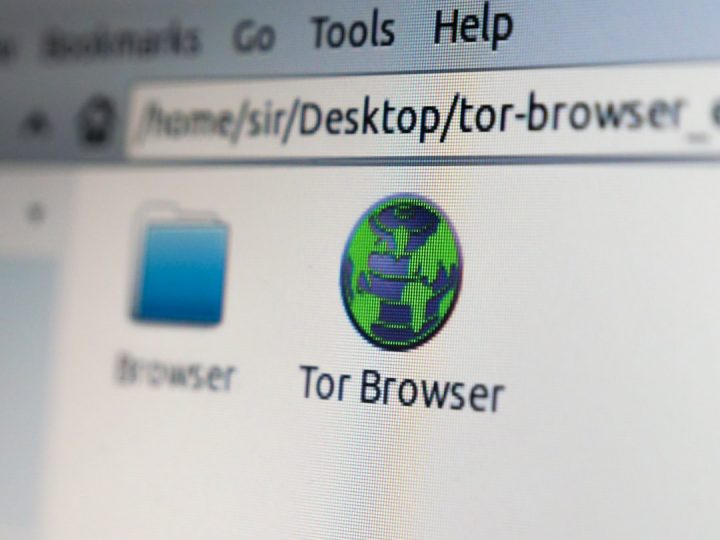When navigating the modern web or integrating third-party resources into a website or application, developers might occasionally encounter the frustrating message: ERR_BLOCKED_BY_RESPONSE or see an error tied to an ORB (Opaque Response Blocking) policy. These issues may halt progress, obscure data exchanges, or prevent embedded elements like scripts, iframes, or images from rendering. Understanding what triggers these blocks and how to unblock them is crucial to maintaining seamless user experiences and functional integrations.
What is ERR_BLOCKED_BY_RESPONSE?
ERR_BLOCKED_BY_RESPONSE is a browser-level error, frequently surfaced in Google Chrome and Chromium-based browsers, that signals a blocked HTTP response due to prevailing security policies. It’s often closely related to Opaque Response Blocking, a set of rules and behaviors implemented to protect users from potential security threats stemming from cross-origin resources.
Understanding Opaque Response Blocking (ORB)
ORB is an integral part of web security intended to reduce the likelihood of malicious data exfiltration and to enforce safe content exchanges across different origins. When a cross-origin resource is fetched, browsers typically use the fetch() API. If this request returns an opaque response, meaning its data cannot be directly accessed, this response may be blocked depending on the context of the resource type and its usage.
Opaque responses are meant to shield the content of requests from being exposed when the origin differs from that of the requesting page. However, when improperly configured or unnecessarily strict, ORB can prevent legitimate resources from loading correctly.
What Triggers ERR_BLOCKED_BY_RESPONSE or ORB?
Several potential culprits can lead to an ERR_BLOCKED_BY_RESPONSE or a resource being blocked due to ORB. Below are some of the most common causes:
- Incorrect MIME Types: If a server returns a MIME type that doesn’t match the resource’s intended usage (e.g., serving JSON with
text/html), the browser might block it. - Improper CORS Headers: A lack of
Access-Control-Allow-Originheaders on cross-origin resources can result in blocking. - Using Non-Simple Requests: Some cross-origin requests require preflighted checks (OPTIONS requests). If those fail, the actual request is blocked.
- Opaque Response in the Wrong Context: Trying to use an opaque response in scenarios like JavaScript loading or embedding HTML content often results in a block.
- Blocked by Extensions or Filters: Some browser extensions or security software may block requests deemed unsafe.
How to Unblock Resources Affected by ORB
The good news is that most ORB-related issues can be addressed by proper server configuration and careful structuring of client-side code. Below are common solutions for resolving these problems:
1. Check MIME Types
Ensure that your server is sending the correct Content-Type header based on the type of file being served. For example:
Content-Type: application/javascriptFailure to serve the correct MIME type may lead to the file being treated as unsafe and blocked in the process.
2. Configure CORS Properly
Cross-Origin Resource Sharing (CORS) headers are vital for legitimizing requests between different origins. Ensure your server includes the appropriate headers, such as:
Access-Control-Allow-Origin: *
Access-Control-Allow-Methods: GET, POST
Access-Control-Allow-Headers: Content-Type...For sensitive data, replace the asterisk with a specific domain to which the resource should be available.
3. Use Same-Origin Where Possible
One straightforward method to sidestep ORB is to keep resources on the same origin. Hosting resources like scripts and images on the same server avoids triggering browser security mechanisms altogether.
4. Use Correct Fetch Options
If using JavaScript fetch calls, ensure the request is made correctly and matches the expected behavior. For example:
fetch('https://example.com/data.json', {
mode: 'cors',
credentials: 'include'
})Improper fetch settings often result in responses being interpreted as opaque and possibly blocked.
5. Avoid Cross-Origin Requests for Non-CORS-Safe Resources
ORB aggressively blocks non-safelisted resources (such as HTML, JS, and others) when fetched cross-origin without proper headers. As a rule of thumb, avoid attempting to dynamically load HTML pages or sensitive file formats from an external origin unless absolutely necessary and properly configured.
Detecting and Diagnosing ORB-Related Issues
Modern browsers provide debugging tools to trace errors such as ORB violations. In Chrome:
- Open Developer Tools (F12 or Ctrl+Shift+I)
- Navigate to the Network tab during the operation
- Look for requests with Status labels like (blocked: opaque response) or ERR_BLOCKED_BY_RESPONSE
This diagnostic process can help developers pinpoint the resource being blocked and investigate the headers or content type leading to the failure.
Preventing ORB Issues in the Future
Prevention is better than a late diagnosis. To reduce the chances of running into ORB and ERR_BLOCKED_BY_RESPONSE in the future:
- Design systems for compatibility with cross-origin policies from the outset
- Audit third-party resources for correct CORS and MIME configurations before integration
- Use feature policies and content security policies (CSP) to fine-tune the resources a webpage can load
Conclusion
While ERR_BLOCKED_BY_RESPONSE and ORB can appear to be roadblocks at first, a closer look typically reveals that they’re protective boundaries set by well-meaning browser policies. Armed with a better understanding of how the browser handles cross-origin resources, web developers can make the right changes to unblock legitimate requests and ensure a smooth, efficient web experience.
Frequently Asked Questions (FAQ)
- Q: What is an opaque response?
- An opaque response is a response returned from a cross-origin request that does not expose its data to the client, typically for security reasons.
- Q: Can I disable Opaque Response Blocking in Chrome?
- No, ORB is built into the browser’s security model and cannot be disabled. It’s designed to protect users and developers from potential vulnerabilities.
- Q: Is ORB related to CORS?
- Yes, they are closely related. ORB builds on CORS by adding stricter enforcement for unsafe cross-origin resource loading without correct headers.
- Q: Can browser extensions cause ERR_BLOCKED_BY_RESPONSE?
- Absolutely. Some privacy or security extensions may block or interfere with requests, causing this error to appear.
- Q: Are all MIME types affected by ORB?
- No, only certain resource types deemed as high-risk are subject to blocking when served without appropriate headers.
